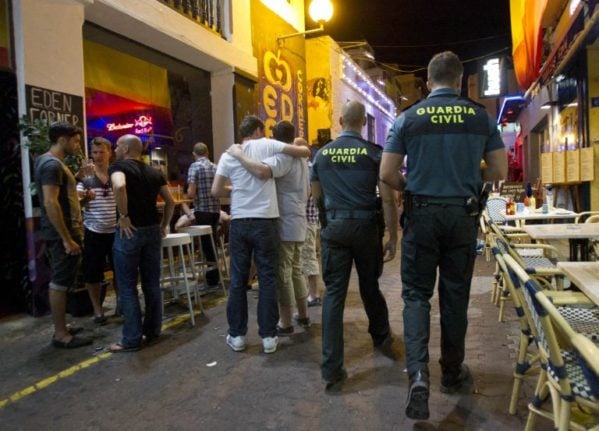The measure will remain in place until at least February 15th, Spain’s health ministry said in a statement, with travellers arriving from China required to undergo a temperature check and a Covid-19 test.
“A major concern lies in the possibility of new variants appearing in China that have not been controlled,” Spanish health minister Carolina Darias told a press conference on Friday.
“Given the health situation in that country, we know the importance of acting with coordination, but also the importance of acting quickly.”
The first flight from China that will be affected by the new rules is scheduled to arrive at Madrid airport on Saturday at 6 pm (1700 GMT), the ministry’s statement said.
Coronavirus infections have surged in China, overwhelming hospitals as the country unwinds hardline controls that torpedoed the economy and sparked nationwide protests.
Restrictions
A growing number of countries, including the United States, have imposed restrictions on all visitors from mainland China after Beijing decided to end mandatory quarantine on arrival, prompting many jubilant Chinese to make plans to travel abroad.
But the European Union’s health agency said Thursday that such restrictions weren’t warranted in the bloc.
Chinese citizens have been largely confined to their country since Beijing pulled up the drawbridge in March 2020
But Darias said China was set to lift its travel restrictions on January 8, which would likely cause a “significant” rise in people travelling abroad.
In 2019, around 700,000 tourists with Chinese residency visited Spain, according to Spain’s tourism ministry.
That figure dropped sharply to about 130,000 in 2020 and 30,000 in 2021, according to the Spanish statistics institute.



 Please whitelist us to continue reading.
Please whitelist us to continue reading.
Member comments